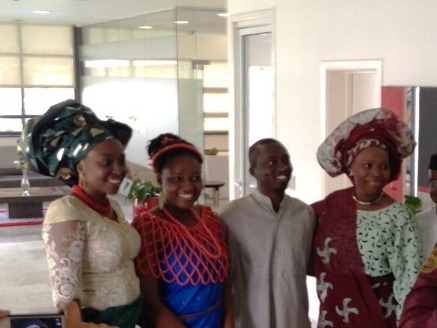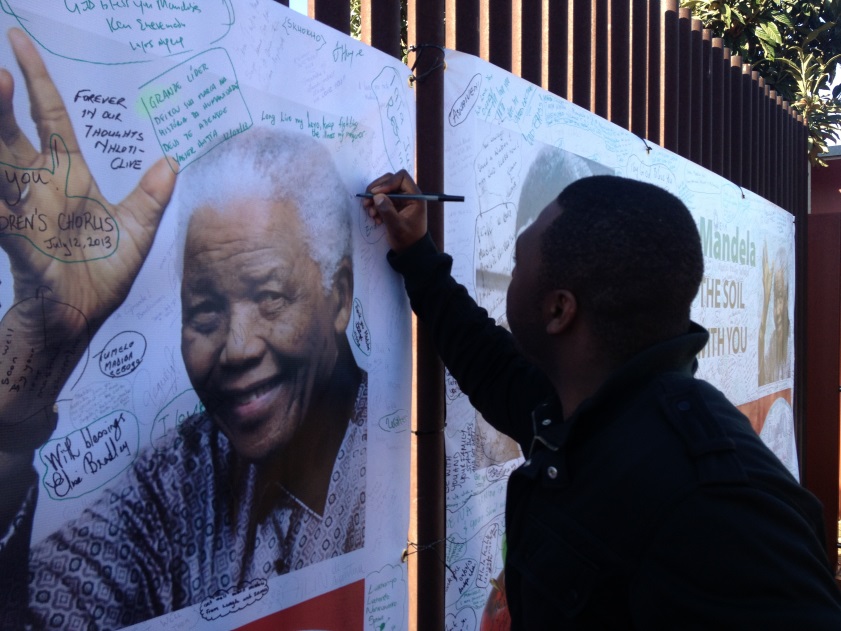Africaptialism: A New Era for Africa
by Jerry Petit-Frere, MBA ‘14

A summer in Africa changes the perspective of an American MBA.
The continent of Africa is plagued by a number of socio-economic issues. Sustainable infrastructure, nourishment and education lag behind the world average. However, according to Heirs Holdings, an investment firm in Nigeria, Africaptialism is the solution that will propel Africa forward. Africaptialism is defined as the private sector’s commitment to Africa’s development through long-term investment in strategic sectors of the economy that will enable economic prosperity and social wealth.

This past summer I had the privilege of doing my internship through The Tony Elumelu Foundation’s (TEF) African Markets Internship Program (AMIP). TEF is a subsidiary within Heirs Holdings. Launched in 2011, the AMIP was designed to intensify the competitiveness of Africa’s high-growth private sector business, while simultaneously introducing young business professionals to the African market. I completed my internship at Bookworld, a chain retail book store in Lusaka, Zambia.
Photo: Fashion show at the opening ceremony for interns at Heirs Holdings, Lagos, Nigeria
Although Africapitalism holds the promise to develop a thriving African economy, a number of challenges still remain. The two main challenges I faced during my internship experience and travels throughout the continent include the limited availability of industry and market research and the insufficient development of human capital.
My first year at Johnson, in particular my training through the Sustainable Global Enterprise (SGE) Immersion and my leadership roles, prepared me well to face these challenges. About thirty percent of my internship project was focused on organizational transformation. Using the frameworks that I learned during my SGE Immersion consulting project, I was able to thoroughly assess and resolve structural and procedural issues.
Additionally, one of my responsibilities was to create a bonus and incentive system. To do this I drew on what I had learned last semester during the SGE immersion project, for which my team created a set of tools to assess the motivational factors of a Las Vegas casino. I was able to take what I had learned and create a similar assessment in order to better understand what motivates Zambians, particularly Bookworld’s employees. In turn I used this assessment as a tool to create a system of bonuses and incentives.
Although I was able to make a significant impact as an intern, I walked away with three burning questions about Zambia and the rest of Africa:
1. Does the concept of Africapitalism present sustainable solutions to the social and environmental issues facing the 47% of sub-Saharan Africans living below the poverty line?
2. Africa is a continent with 54 countries. As Africa develops how does one ensure that the identity of each individual country is protected?
3. What can non-Africans do to support the development of African countries?
In addition to doing business in Africa, I also had the opportunity to enjoy the rich culture, people and food. Overall my experience in Zambia coupled with the potential long-term impact that one can have within a short period of time has increased my desire to live and work in Africa. Professor Mark Milstein and the Sustainable Global Enterprise Immersion played a significant role in the success and understanding of my internship and thus my overall experience in Africa.

Photo: Wishing Nelson Mandela a speedy recover at his home in Soweto, Johannesburg, South Africa
